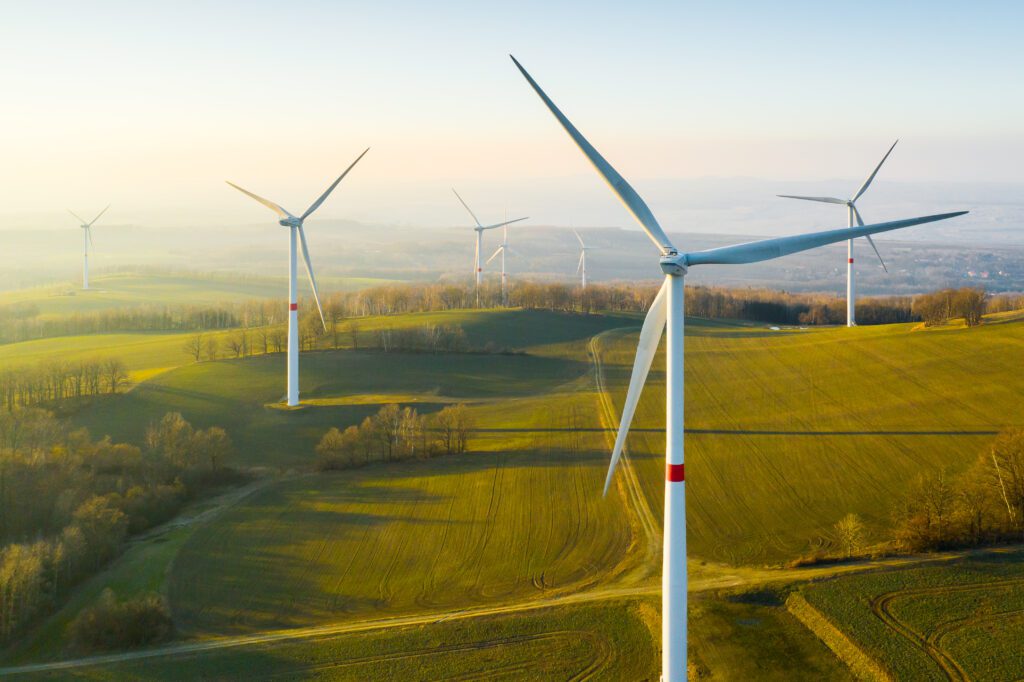Upcycling textile waste into thriving business opportunities

The need to switch from virgin resources to reuse
Europe has an extensive textile waste problem. Only 30 to 35 percent of the waste is collected separately and less than 1 percent is recycled into new clothing. Therefore, millions of tons of textile are discarded in landfills and incinerated every year. Meanwhile, virgin resources are used for production, despite its high cost to the environment.
The two most used fibers in the textiles and fashion industry are cotton and polyester as well as their blends. Cotton is well-known for its positive and skin-friendly attributes as well as for the high water consumption, extensive land use, emissions and the use of harmful chemicals that come along with the production of cotton textiles. Polyester production is also extremely energy-intensive, relies on non-renewable resources, and causes water and air pollution.
How to limit the disposal of already produced fabrics?
Textiles are often destroyed and not reused due to technological challenges and economic viability of recycling mixed textiles and the related waste streams. The PESCO-UP project is dedicated to transforming textile waste into high-quality, value-added products. PESCO-UP will test a range of technologies covering all stages of textile recycling to find best scenarios and solutions for turning mixed textile waste into valuable products, demonstrating the most effective methods in final applications.
By identifying the best technical, economic, and environmental recycling and upcycling methods, the project aims to create business opportunities for polyester and cotton fibers. As a part of the journey, a special marketplace is developed that makes use of Digital Product Passports, establishing new industry standards in recycling technologies and proactively addressing potential market obstacles. As a result, higher level of quality and recovery is promoted, with up to 70% of collected material being transformed back into fiber for reuse by the industry.
Civitta contributes to closing the supply-demand gap for cotton and polyester for good
Civitta’s role in the project is to ensure the readiness of markets for the novel technologies developed and proposed in PESCO-UP. Civitta will be in the frontline of analyzing the markets to understand the landscape, competition, potential opportunities and risks, thereby preparing for the market entry of the new technology. By assessing and identifying missing skills, and coordinating the production of training materials, Civitta will propose and carry out workforce upskilling and reskilling activities. To further assure the full-scale deployment of PESCO-UP selected technologies, Civitta will develop the strategies for effective long-term use of the results while taking into account each technology’s circular potential.
Developing and taking up an economically and technologically viable process allows for 80% of the mixed cotton and polyester textile waste, that cannot be recycled using traditional recycling methods, to be upcycled into cotton and polyester of quality comparable to virgin materials. Thereby, the industry dependency on virgin materials is significantly reduced, providing a more sustainable alternative to today’s practice. Civitta helps to ensure that such scientific discoveries are turned into usable results day in, day out. In the case of PESCO-UP, Civitta does so by making sure that the technologies meet market needs and help transform scientific ideas into practical products that people can use.


